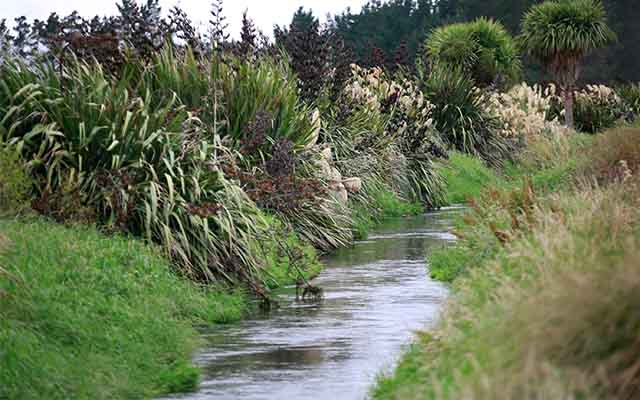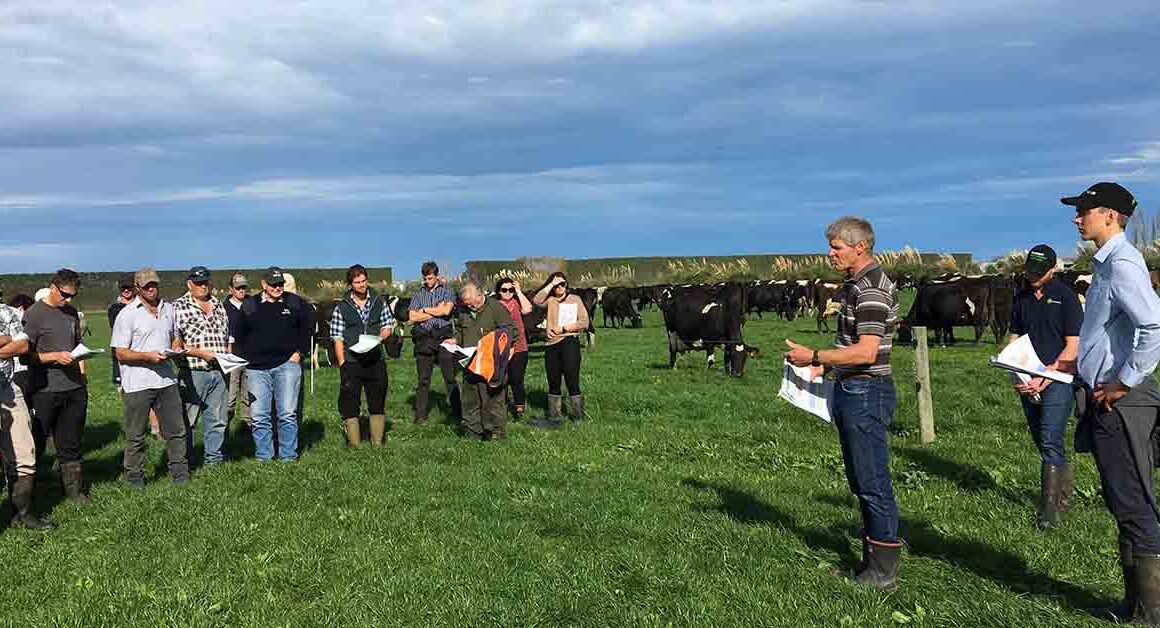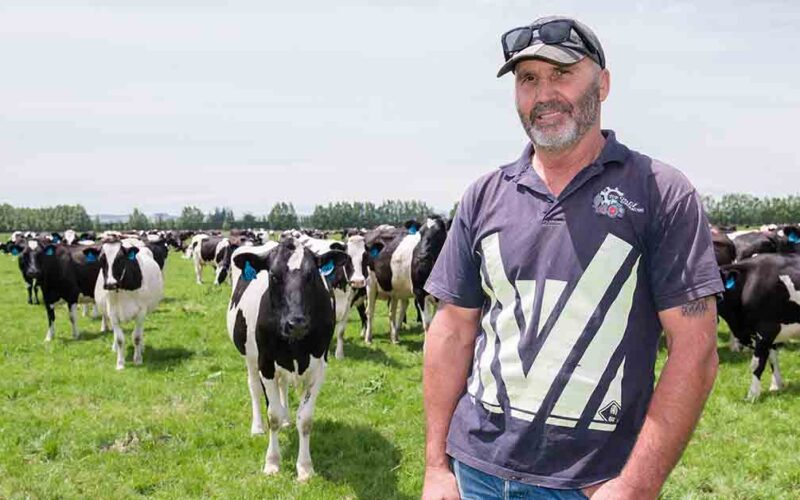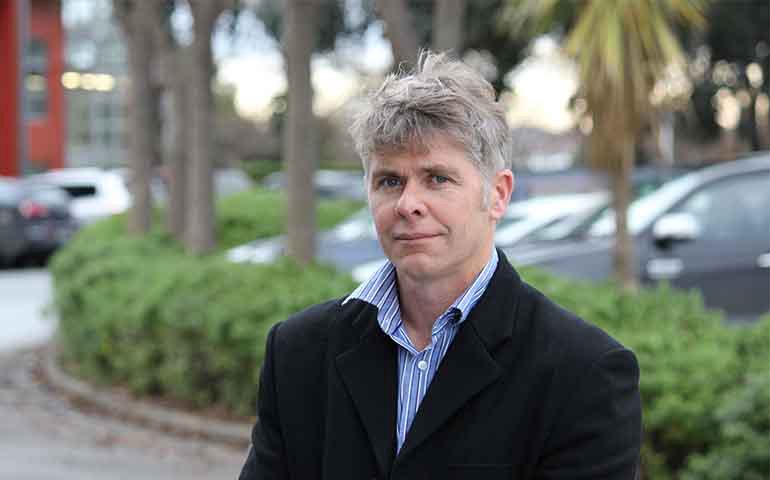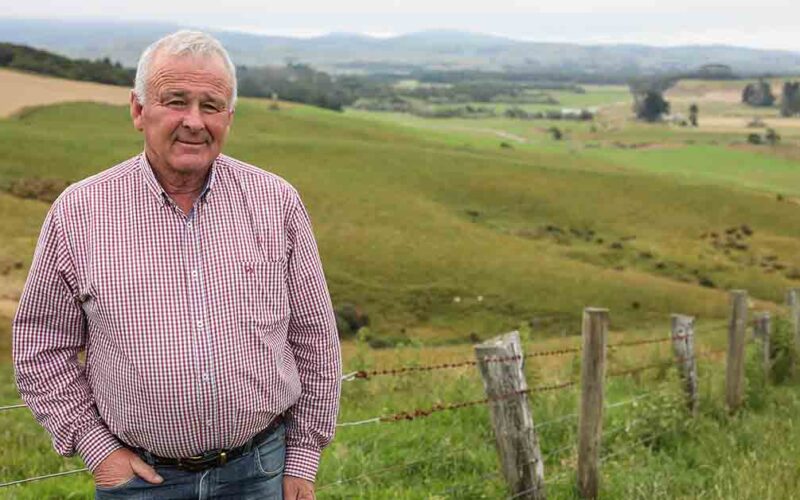Dairy South
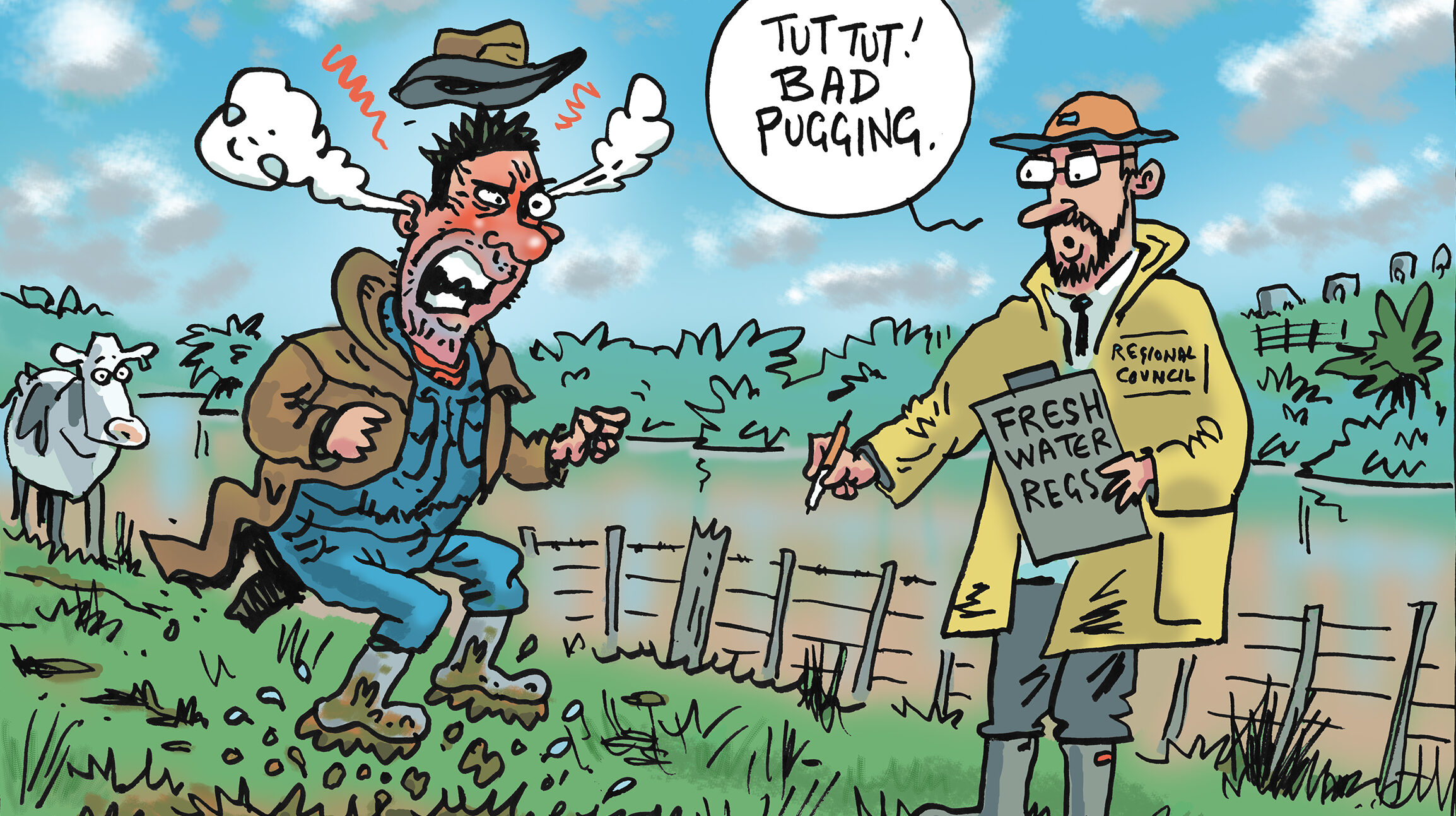
About this special report
What is the future of dairying in Canterbury and Southland?
Both have had exponential growth in the last 40 years, but in recent years questions have been raised about their environmental impact, reflected in growing rules and regulations being imposed.
In Canterbury the challenges are water use and nutrient loading, in Southland it is nutrient loading and winter grazing.
The two regions have been hit hardest from M bovis, which is also impacting dairy farm management.
So, what is the future of farming in these areas?
DairyNZ challenges Southland water quality limits
A study of Environment Southland water quality standards has concluded alternative but acceptable water quality targets can be achieved at a much reduced cost to farming and the regional economy.
ECan emissions project showing positive results
A five-year project to help Canterbury dairy farmers reduce their environmental footprint is paying early dividends, with 70% of those in the Selwyn catchment already meeting initial nitrogen loss targets of 30%.
Farming with flexibility and control
John van Hout has always been innovative with his nutrient management on his Southland dairy farm, an approach that is about to pay further dividends as regulations on nitrogen use are enforced.
LUDF achieves 50% nitrogen loss reduction
It required a new approach to management, but researchers at the Lincoln University Dairy Farm (LUDF) have halved nitrogen losses as they adjust to farming within a synthetic nitrogen limit of 190kg/ha.
Southland farmers urged to improve water quality
The sooner farmers start addressing nutrient loss, the easier the transition and the less likely Environment Southland will need to implement punitive measures, chair Nicol Horrell says.
More Special Reports
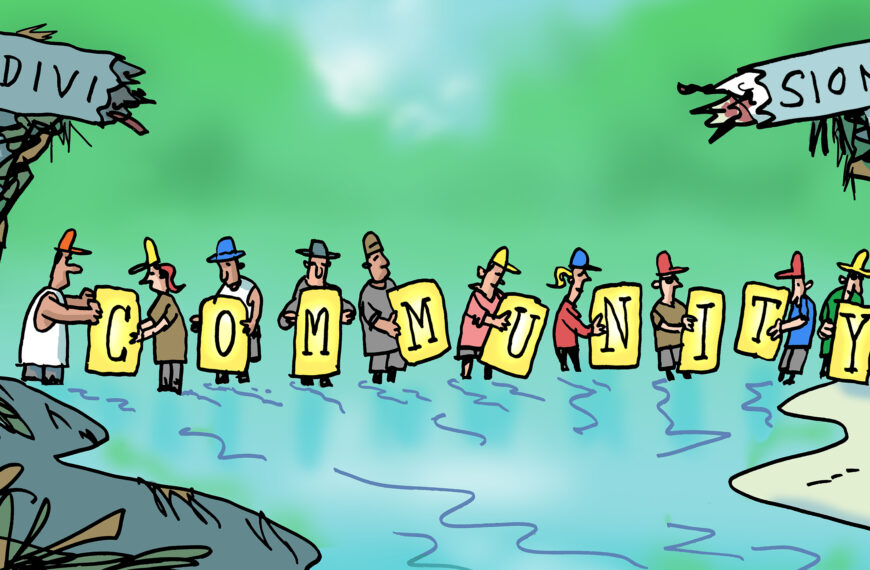 Cyclone Gabrielle: After the Flood
Cyclone Gabrielle: After the Flood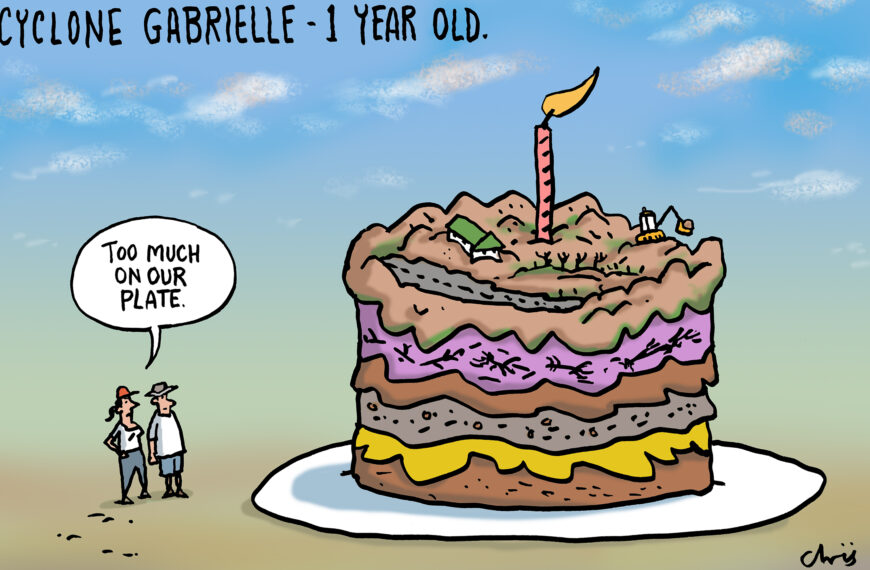 Cyclone Gabrielle: Rebuilding Land and Lives
Cyclone Gabrielle: Rebuilding Land and Lives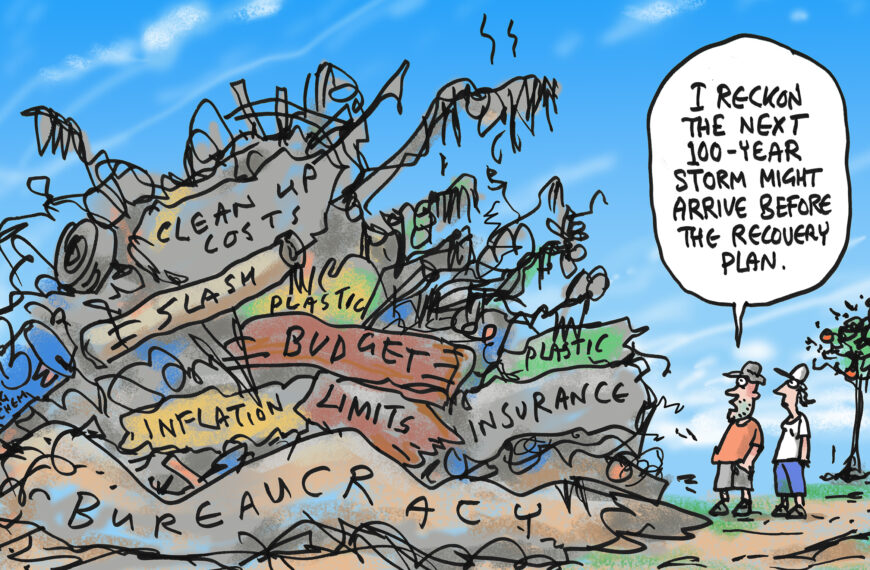 Cyclone Gabrielle: Road to Recovery
Cyclone Gabrielle: Road to Recovery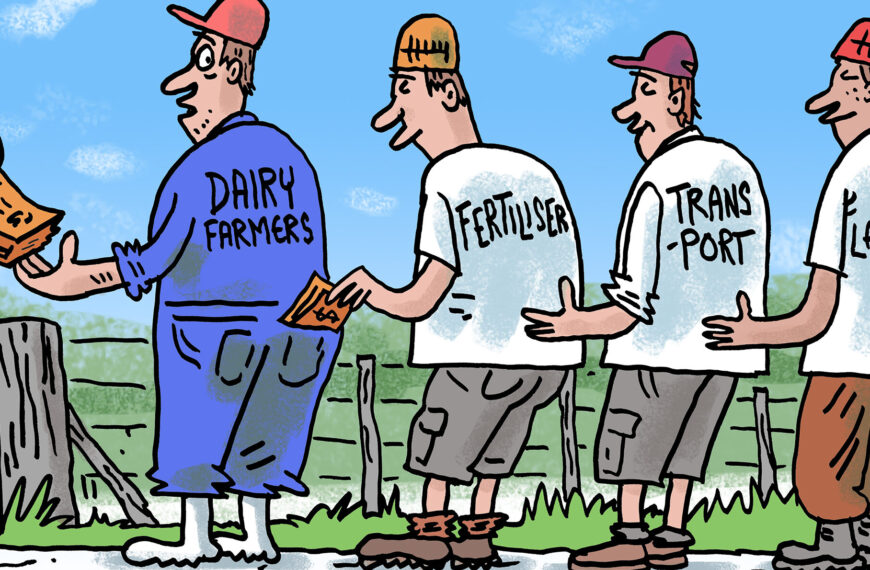 Dairy Input Costs
Dairy Input Costs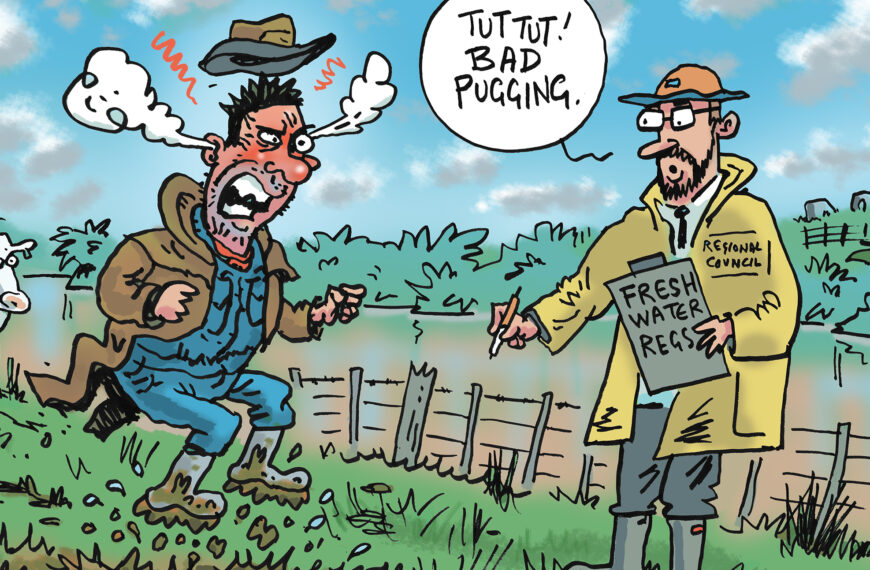 Dairy South
Dairy South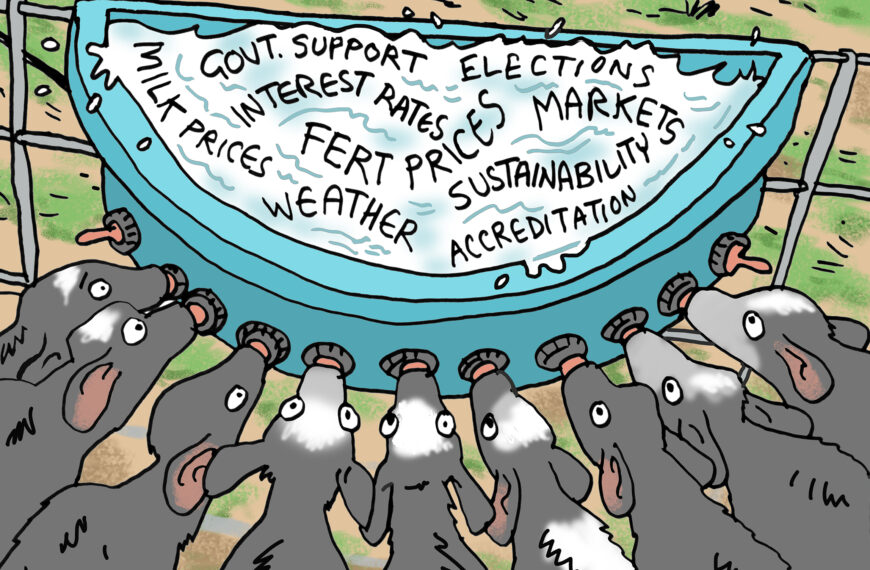 Dairy's Decade Ahead
Dairy's Decade Ahead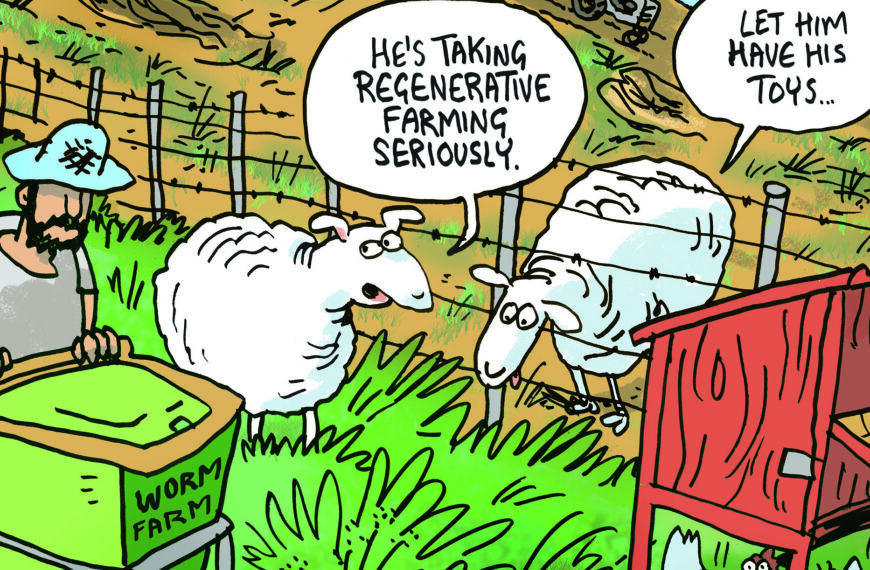 DIY Soil Health
DIY Soil Health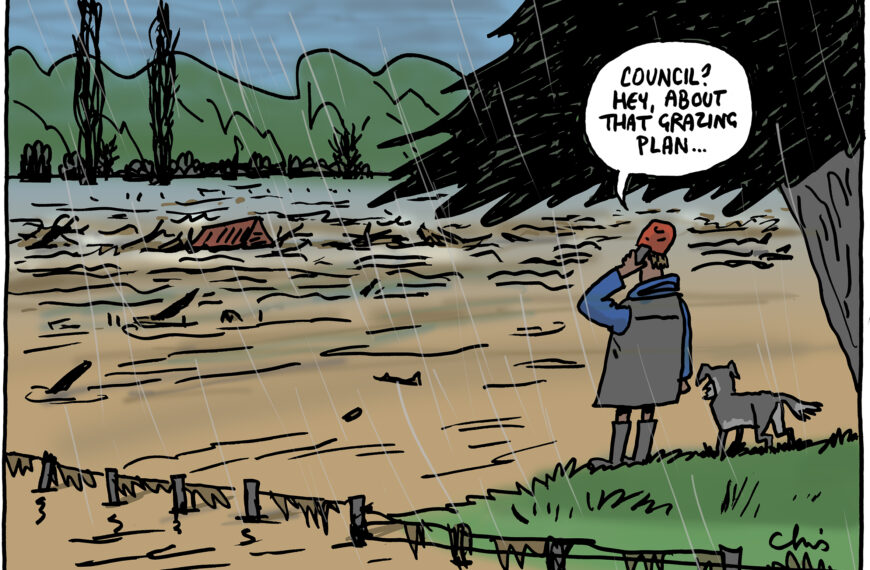 Farms, Forests and the Future
Farms, Forests and the Future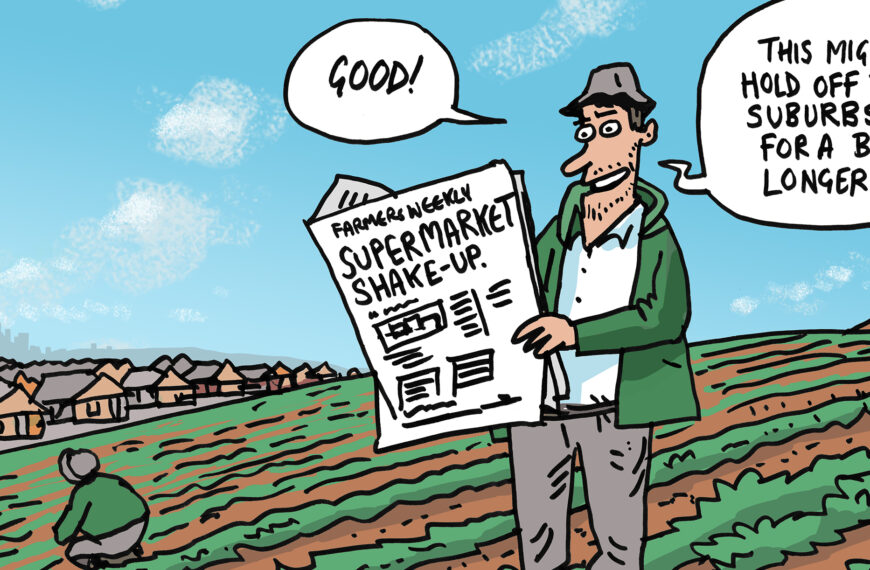 Food Security
Food Security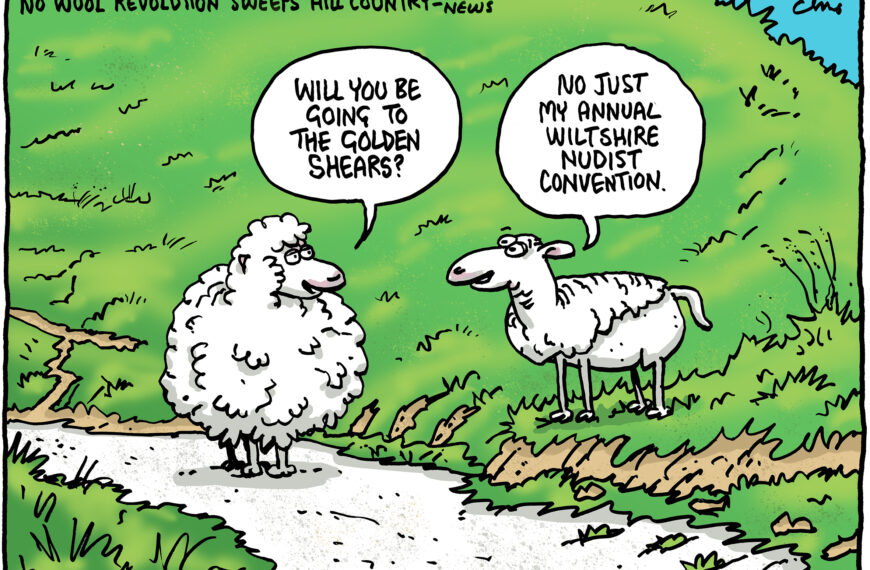 Future of Sheep Farming
Future of Sheep Farming Grain Trail Leads to Brazil
Grain Trail Leads to Brazil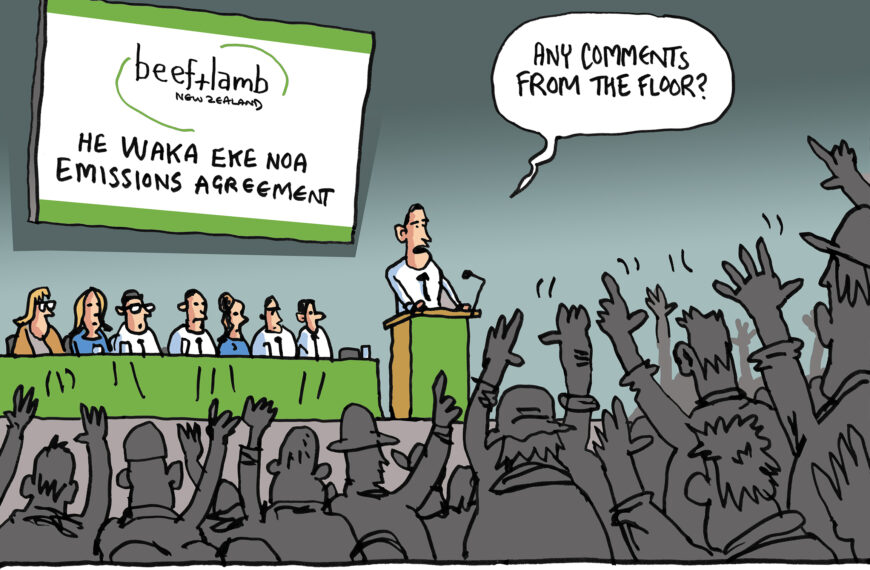 Jaded Leadership: Time to Regroup
Jaded Leadership: Time to Regroup Power in Crisis
Power in Crisis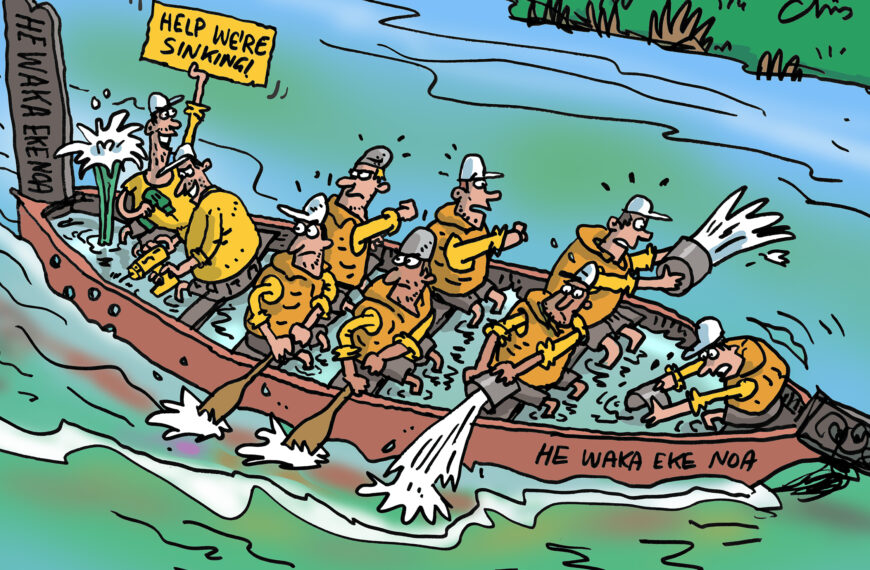 Rural Leadership
Rural Leadership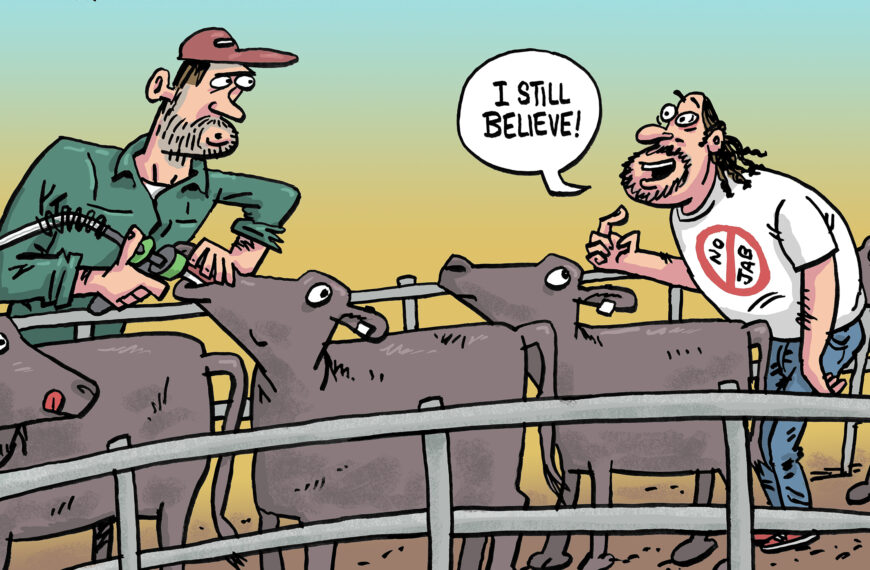 Spotlight on Drench Resistance
Spotlight on Drench Resistance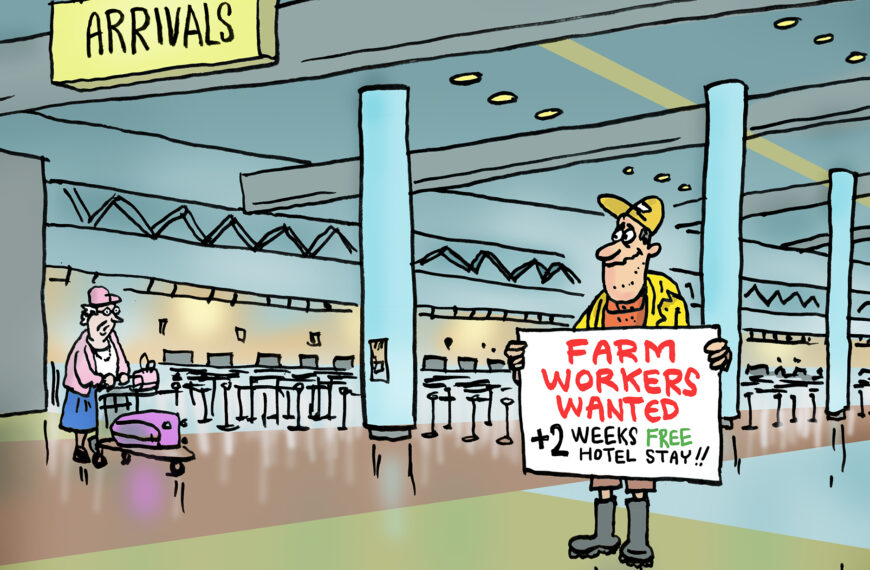 Spotlight on Labour
Spotlight on Labour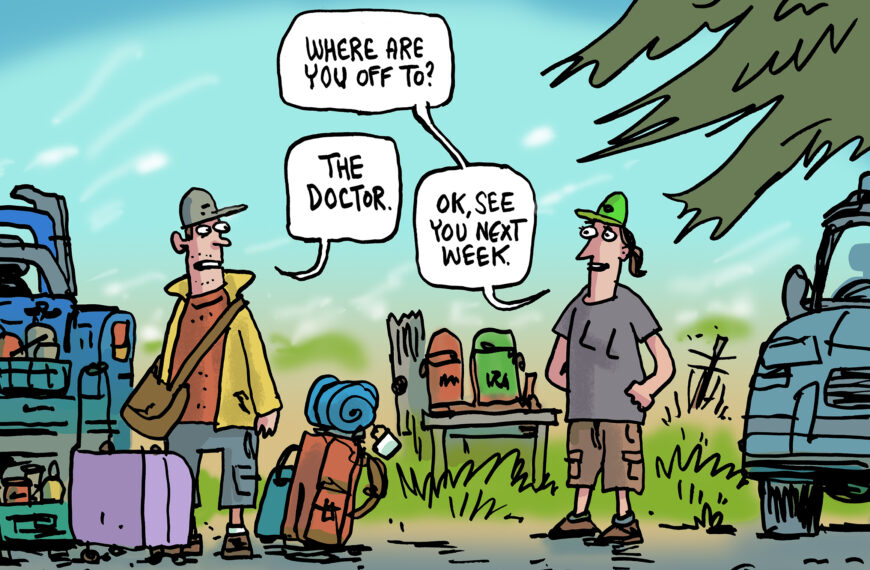 State of Rural Healthcare
State of Rural Healthcare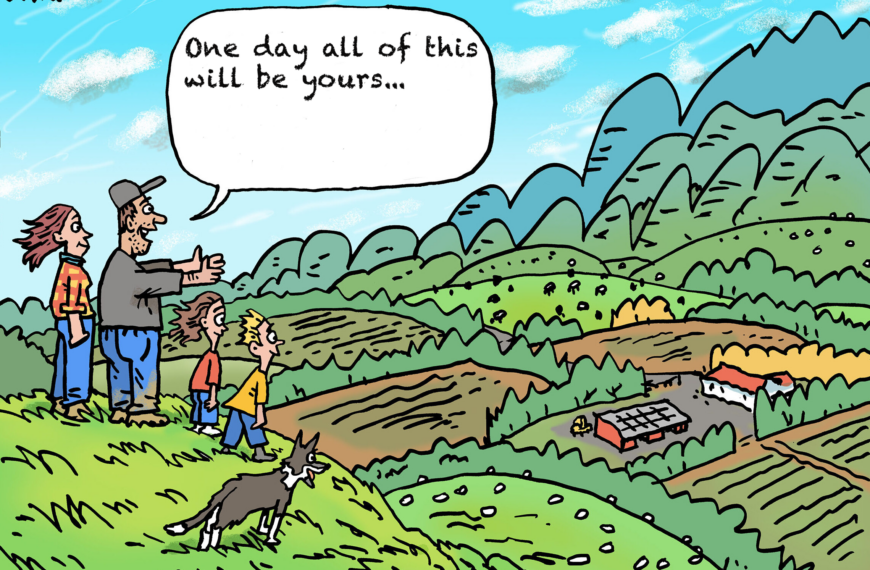 Succession: How to step back successfully
Succession: How to step back successfully






